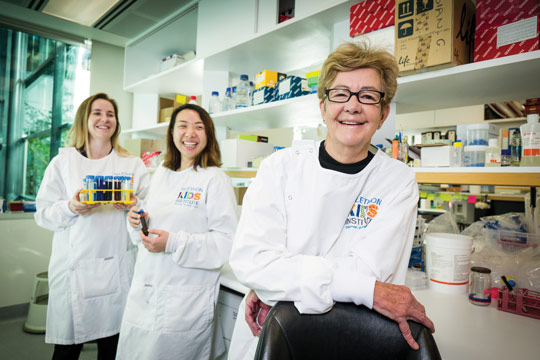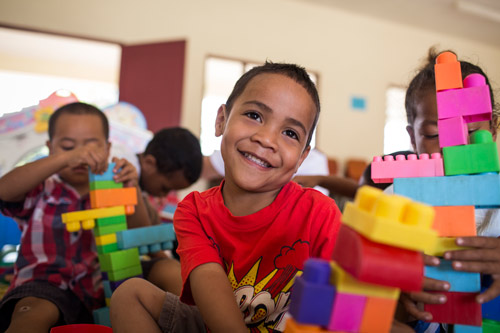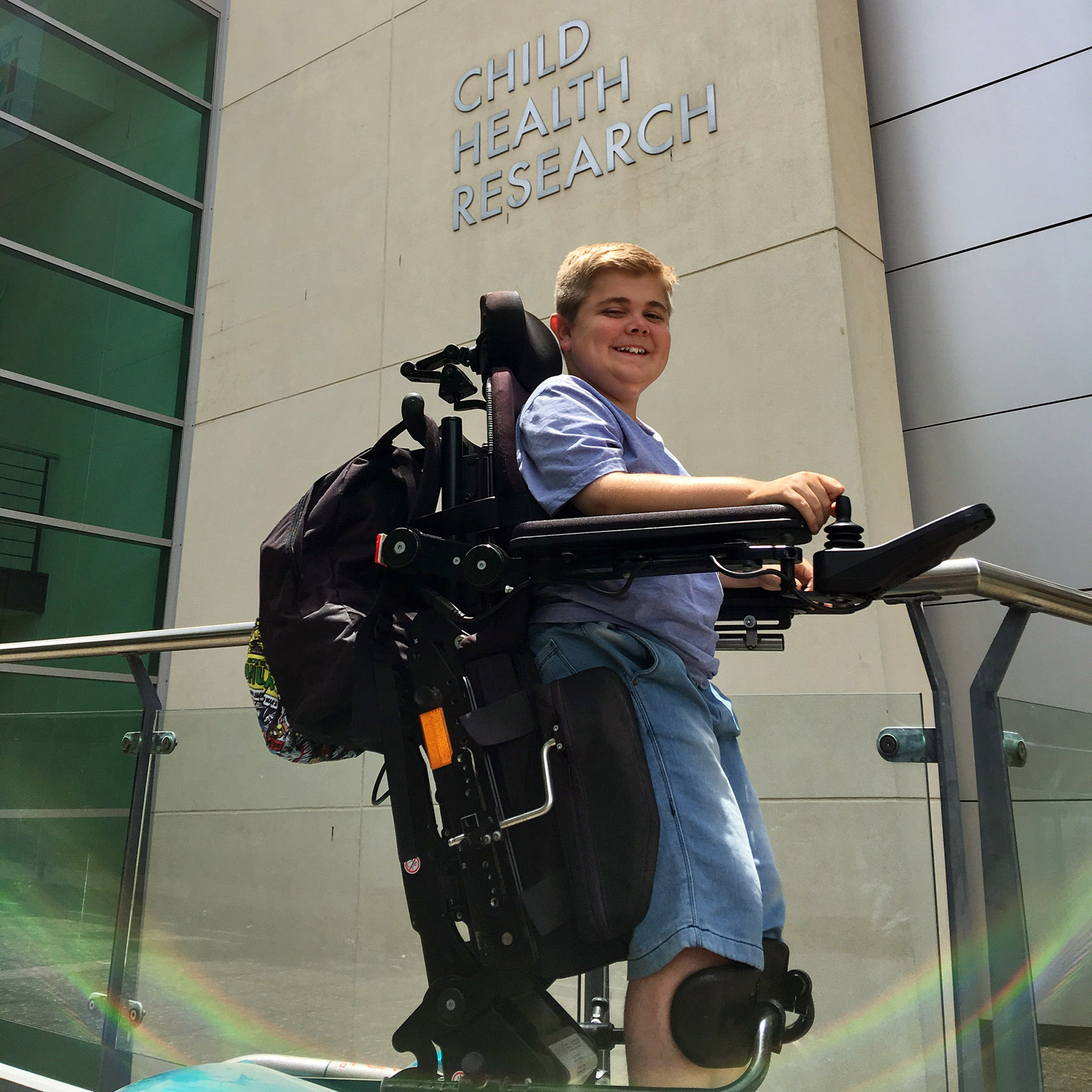Search
Research
Vaccine-preventable child deaths in New South Wales from 2005 to 2014: How much is preventable?To identify and describe potentially vaccine-preventable child deaths in New South Wales (NSW).
Research
Parent-reported health-related quality of life of children with Down syndrome: A descriptive studyTo describe health-related quality of life of Australian children and adolescents with Down syndrome and compare it with norm-referenced data.
Research
Rheumatic heart disease in Timor-Leste school students: an echocardiography-based prevalence studyThe rates of RHD in Timor-Leste are among the highest in the world, and prevalence is higher among girls than boys
Research
A randomised, controlled clinical trial of narrowband UVB phototherapy for clinically isolated syndrome: The PhoCIS studyThis study provides a basis for further studies to determine if there are any benefits of the therapeutic effects of narrowband UVB radiation on MS progression
Research
Epitope-Binding Characteristics for Risk versus Protective DRB1 Alleles for Visceral LeishmaniasisOur data provide insight into the molecular mechanisms underpinning the association of HLA-DRB1 alleles with risk versus protection in visceral leishmaniasis in humans
NEC Australia has joined forces with The Kids Research Institute Australia to ensure a state-of-the-art ICT system is in place at the new Perth Children’s Hospital.

News & Events
UV and Vitamin DResearchers at The Kids Research Institute Australia are continuing to hone in on the effects of ultraviolet radiation and vitamin D on the immune system.

News & Events
Playgroup program transforms early learning in TongaIn Australia, community playgroups are seen as the ‘soft touch’. But a research project in Tonga is finding the benefits can last a lifetime.

News & Events
Research suggests strong connection to culture can help protect Aboriginal and Torres Strait Islander children from institutional sexual abuseA new report that suggests strong connection to culture can help protect Aboriginal & Torres Strait Islander children from sexual abuse in institutions.

News & Events
Funding to support research into the impact of standing wheelchairsThe Kids researchers are investigating the physical and psychological impacts of powered standing wheelchairs for boys suffering from Duchenne
